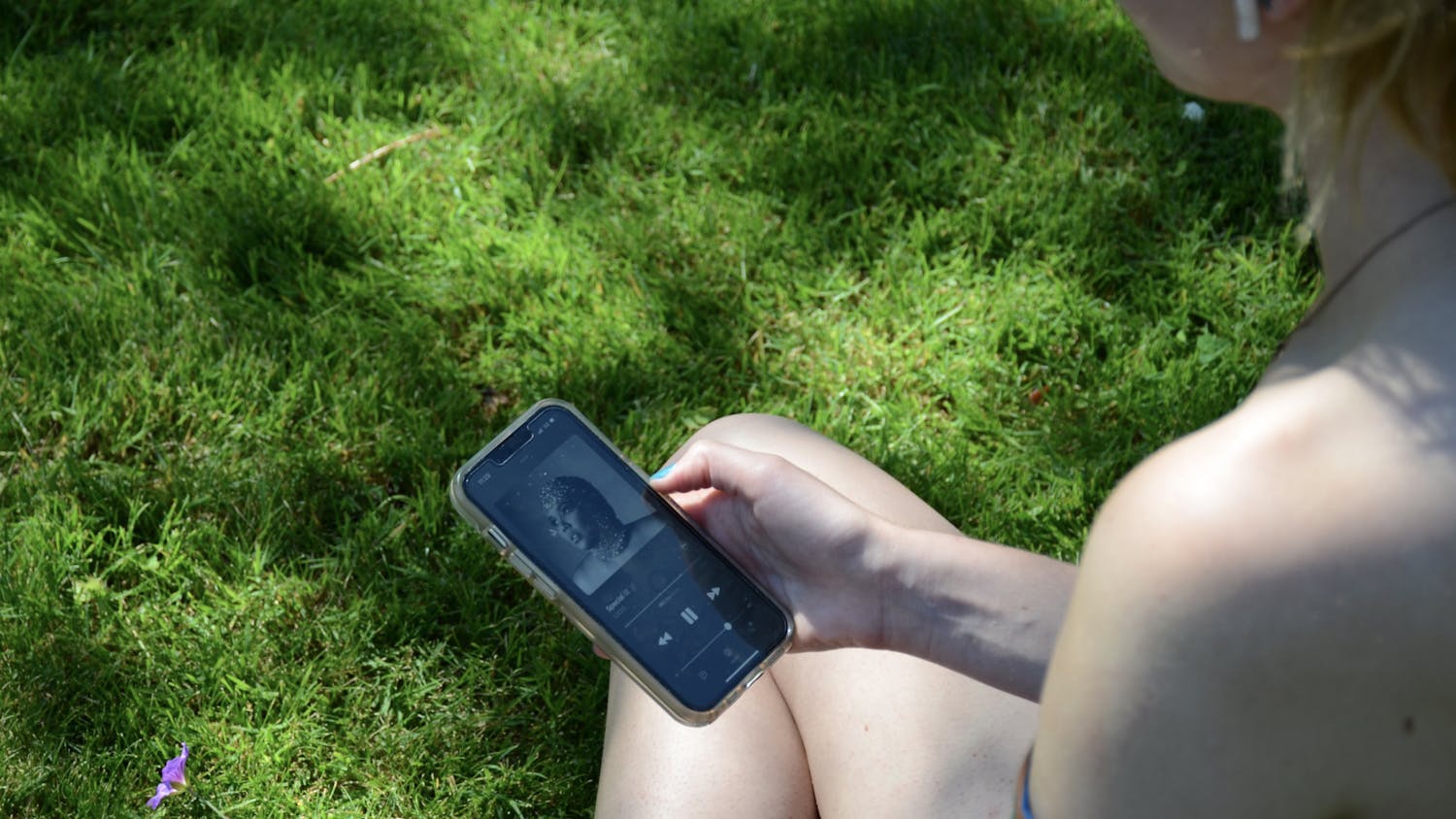By Dan Thomas
If you’re in the market for a new smartphone, Samsung’s recent unveiling of the Galaxy S8 and S8 Plus may have caught your eye. This is the first galaxy phone we’ve seen from Samsung since the embarrassing release of the Galaxy Note 7, which had numerous hardware issues leading to battery explosions and its eventual recall last September. With Samsung undergoing a little brand rehabilitation, it’s no surprise it took the S8 and S8 Plus in a new direction, especially considering Apple is rumored to announce its much anticipated iPhone 8 sometime this summer.
The phones are set to hit U.S. shelves April 21, but some tech reporters like CNET, Unbox Therapy and TechRadar already got their hands on the new devices and reviewed them for our benefit. Here’s my take:
Consumers typically place themselves in one of two competing categories when it comes to smartphones: Android or iPhone. I was an Android user for around seven years before going through unbelievable frustrations with the LG V10 and trading it in for an iPhone 7 Plus last winter. I respect Android’s open-source platform and the opportunities it provides for total customization, but I find the reliability and consistency of the iPhone to be unmatched.
The best feature on Galaxy phones is always the screen.
Dan Thomas
The best feature on Galaxy phones is always the screen. Samsung is a longtime pioneer in visual technology, and has implemented its beautiful Super AMOLED displays in the Galaxy series for over five years.
This year, the same incredible display technology occupies 84 percent of the S8s front by switching to on-screen capacitive home, back and multitasking buttons. The new screen is huge! Samsung has appropriately labeled it the ‘infinity display.’ Minimal bezels keep the same phone size from last year but allow larger screen sizes of 5.8 inches on the S8 and an impressive 6.2 inches on the S8 Plus, according to Samsung’s Specs. In comparison, the iPhone 7 Plus has a 5.5 inch screen and measures roughly the same size as the S8 Plus.
I have very large hands, so I typically shop for phones with large displays; but not everyone can use a massive Galaxy S8 Plus in one hand. What’s more, a smartphone’s display is the most significant draw on battery life. But Samsung didn’t upgrade the battery in the S8 or S8 Plus. Strike one.
New devices always gloat the latest specs, and the S8 aimed to deliver by including an octa-core Qualcomm Snapdragon 835 CPU and four GB of RAM. Some other major differences from previous Galaxies include a fingerprint scanner to the right of the camera (an easy way to accidentally smudge the lens,) a non-existent camera bump, Android 7.1 Nougat and Samsung’s new digital assistant called Bixby.
According to Samsung’s website, Bixby uses data on your phone and analyzes your routine to recommend useful information in a card-based system to the left of the home screen. If that sounded familiar, that’s because Bixby is essentially the Samsung equivalent of Siri, Google Now and the widgets screen on the iPhone.
Samsung didn’t upgrade the camera on the new Galaxies. Odd, considering smartphone cameras are constantly improving and most manufacturers opt for newer options. That being said, the 8MP shooter on the S8 is an adequate camera for the average consumer, and Samsung did upgrade the front-facing camera to 8MP with autofocus.
The Galaxy S8 and S8 Plus 'infinity displays' are some of the best out there.
Dan Thomas
All criticism aside, the Galaxy S8 and S8 Plus ‘infinity displays’ are, arguably, some of the best out there. The larger size may introduce a higher probability of cracking the screen, so utilizing a case with this phone will likely be a necessity. Additionally, Samsung has revised their traditional skin on Android to be closer to the ‘stock’ version than ever before. This makes the transition from other Android phones much easier and reduces the amount of unnecessary preloaded applications significantly.
The phones are available for pre-order on most carrier websites and directly through Samsung. Pricing can vary depending on your carrier. The Galaxy S8 starts at $720 unlocked or around $30 per month for two years according to Verizon’s website. The Galaxy S8 Plus starts at $840 unlocked or around $35 per month for two years according to T-Mobile and AT&Ts websites.





